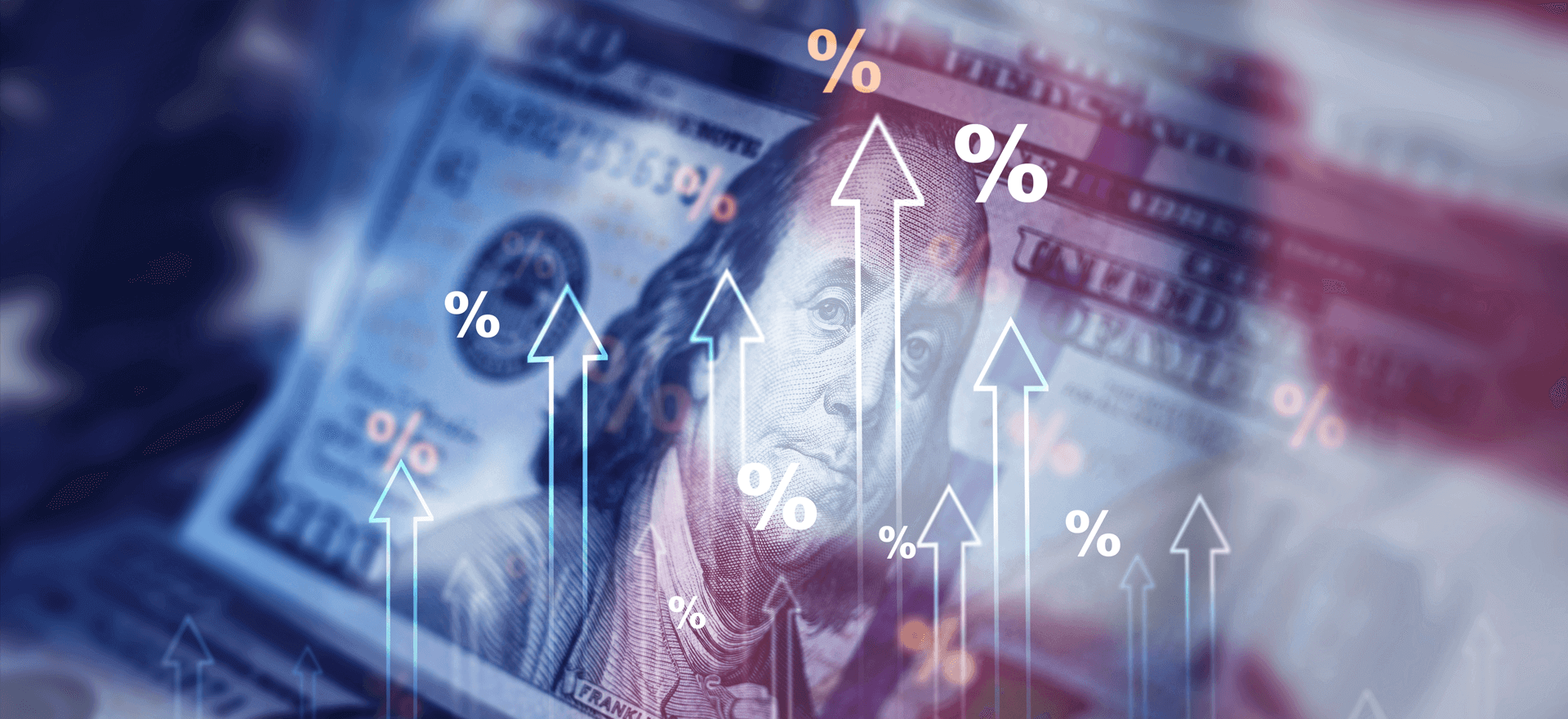
Investing|Leaving a legacy
Net Zero… but not as you know it
It is likely you have heard of the ‘net zero’ objective and the global pursuit to mitigate the impacts of climate change through sustainability. However, as we delve deeper into the quest for sustainability, a new frontier is emerging: zero waste.
Net zero, as we currently understand it, refers to the balance between the amount of greenhouse gases produced and the amount removed from the atmosphere. This balance is vital to effectively combat climate change. Now, zero waste is more of a philosophy and a lifestyle aimed at reducing waste generation and promoting the efficient use and reuse of resources. It encourages a circular economy, wherein the processes of recycling, composting, and reusing ensure that the material and product lifecycle is extended for as long as possible. This approach minimises the amount of waste that ends up in landfills, which, in itself, is a significant contributor to greenhouse gas (GHG) emissions.
So, how do we begin? Well, a key initial step involves reducing waste at its source. This means embracing conscious consumption, making mindful decisions such as opting for products with minimal packaging and employing more reusable items. Whilst these changes may at first appear small, the repurposing of materials can have huge scalable knock-on efficiency effects, such as the immediate reduction in energy and emissions associated with producing, transporting, managing and disposing of the waste that would have otherwise been. This is critical in achieving a net zero future.
In the realm of waste, the food and agriculture sector continually grabs attention, presenting a pervasive issue across every step of the food supply chain, spanning from the farm to the family dinner table. Sadly, a significant portion of food intended for human consumption ends up discarded, and this has increased as populations have grown. In fact, the United Nations estimates that a staggering 39% of the world’s food is lost or wasted, ultimately unconsumed. Adding to the gravity of the situation, the production of food and beverages stands accountable for roughly one-third of the world’s GHG emissions. In turn, it is estimated that food loss and waste accounts for 8% to 10% of GHG emissions worldwide.
Considering the expansive environmental footprint of the food sector, tackling wasteful practices can play a significant role in achieving emission reduction goals and lessening the ecological impact of agriculture. Our Sustainable Portfolios at Nedbank Private Wealth are actively contributing to this movement. One of our thematic holdings is invested in companies that tackle food waste. More broadly, the Sustainable Portfolios look to be positively aligned with the 17 UN Sustainable Development Goals (UN SDGs), which includes SDG 12, that aims to ensure sustainable consumption and production patterns. There is significant potential in the zero waste concept, both from an environmental and from a profitability perspective. Sensible approaches do, after all, make business sense. This one is also a key piece of the wider puzzle – the vision of a better, cleaner, thriving future for generations to come.
Sources:
Bloomberg
BNP Paribas: From seed to supper – Solutions to mitigate food waste – BNPP AM Luxembourg professional investor (bnpparibas-am.com)
RELATED NEWS
You may also be interested in the following Insights
Sign up for our updates
Stay up to date with the latest news, insights, and opinions from Nedbank Private Wealth by signing up to our newsletter. You can also register to be invited to our virtual events and hear directly from a wide range of experts. Sign up below. You can unsubscribe at any time.













